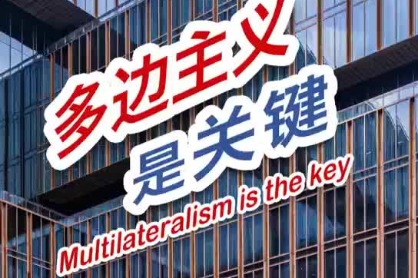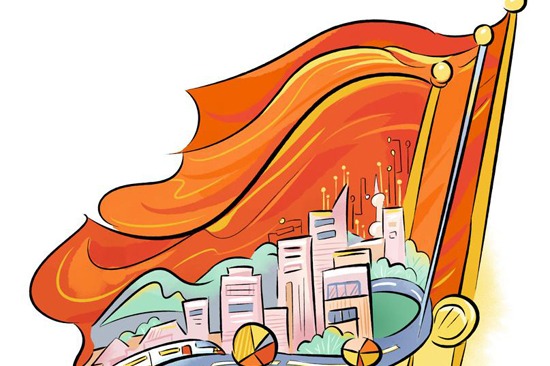Dialogue to bring civilizations closer

Time to look at our daily life as part of 'all under heaven'
We live in an age of empires, which has obvious political implications; much less apparently, it also affects our ways of being in the world.
To share a world in which we can again think in terms of "all under heaven" indeed requires some adaptation. Diversity is a key word here. In the large, plural world we live in, no professional, scholarly, or intellectual commitment can any longer be confined to any one particular conceptual horizon. Personal and professional success will increasingly depend on our capacity of being familiar with a plurality of cultures.
This is particularly true of the plurality of heritages, cultures and histories that shaped the civilizations of Asia. As far as philosophy is concerned, for instance, scholars around the world are becoming increasingly aware of the distinctive contribution of Chinese and Asian philosophies to the conceptual, spiritual and scientific heritage of humankind.
Philosophy as well as the humanities can and do help us, regardless of our physical locations, cultivate the ability to merge our cultural roots into a larger citizenship in a way that would expand the boundaries of ourselves and make us better citizens of this world. This is indeed a time to look at our daily life as part of a larger "all under heaven", and to conceive it in all of its diversity of cultures, heritages and civilizations.
Luca M. Scarantino, president of International Federation of Philosophical Societies
Asian community marked by common interests and culture
Asian countries began the community building process with the Bandung Conference in 1955, two years after the Korean War (1950-53), and accelerated it after the formation of the Association of Southeast Asian Nations in 1976, one year after the end of the Vietnam War. And they strengthened that process through the Belt and Road Initiative, which was proposed by President Xi Jinping in 2013.
As with regional projects in other parts of the globe, the Asian community building process, too, has two components-common interests (gesellschaft) and common culture (gemeinschaft).
The European integration project was necessitated by the common need of Western European countries to recover from the destruction of World War II and guard against Soviet "expansionism". Hence, the United States supported European integration project through the Marshal Plan, an alliance system to check the political influence of the Soviet Union. These common interests have been firmly associated with the countries' cultures which have common roots in Christianity and Pan-Europeanism which emerged after the end of World War I.
Eiichi Shindo, Professor Emeritus at University of Tsukuba, Japan
































